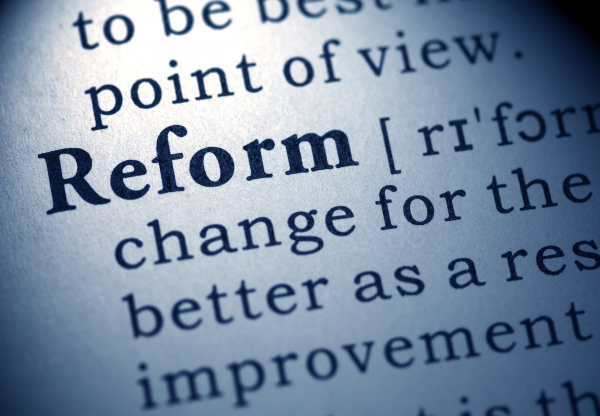Private Healthcare Australia says the federal election outcome is another opportunity to start the process of reform to ease financial pressure on families and ensure private health insurance remains affordable.
“Australia’s healthcare system is facing serious challenges," said PHA CEO Dr Rachel David.
"Consumers are juggling cost of living pressures, health care costs are rising, elective surgery waiting lists have blown out and demand for mental health services and dental care is sharply increasing. Supporting private health insurance is the quickest, cheapest and most efficient way to address the backlog of elective surgery and give Australian families access to timely healthcare. Unfortunately, affordability of PHI remains a barrier for many people.
“COVID highlighted the value of PHI and consumers continue to sign up in record numbers with the latest APRA data showing seven consecutive quarters of growth in hospital and general treatment policies.
"There are now more than 14.19 million Australians with private health cover. They are mostly retirees and working mums with children, who rely on PHI for timely access to healthcare and to keep their families well. More than 42 per cent of people with PHI have an annual taxable income of less than $50,000 and they can ill afford to pay for wasteful excesses that drive premium prices. Under Federal legislation, health funds do not have sufficient levers to manage the cost of care without the help of the Government.
“Quarter after quarter APRA consistently identifies the cost of generic medical devices as the fastest growing area of healthcare claims expenditure. Under the Morrison Government’s pricing agreement with multinational medical device companies, patients were forced to pay 30-100 per cent more for the same medical devices compared to France, New Zealand and the UK."
Dr David said medical devices are the largest driver of private health insurance premium increases. She said medical device benefits outlay has contributed to 27 per cent of the increase in hospital treatment benefits paid.
Dr David said the new federal government should scrap the former government's agreement with the medical device sector.
“Now it’s time for the new government to tackle the tough challenges we face and enact the reforms needed to remove wasteful costs, deliver cheaper PHI premiums for families, and more financial support for doctors, nurses and allied health workers," she said, adding the private health insurance rebate should be restored to 30 per cent for low and middle-income families.
Dr David said other reforms that would help ensure the sustainability of Australia’s mixed public-private health system include an increase in the Medicare Levy Surcharge by 100 basis points for high-income earners, allowing private health insurers to contribute to primary and secondary prevention programs offered by general practice, action on promoting out of hospital care and addressing out-of-pocket costs.
